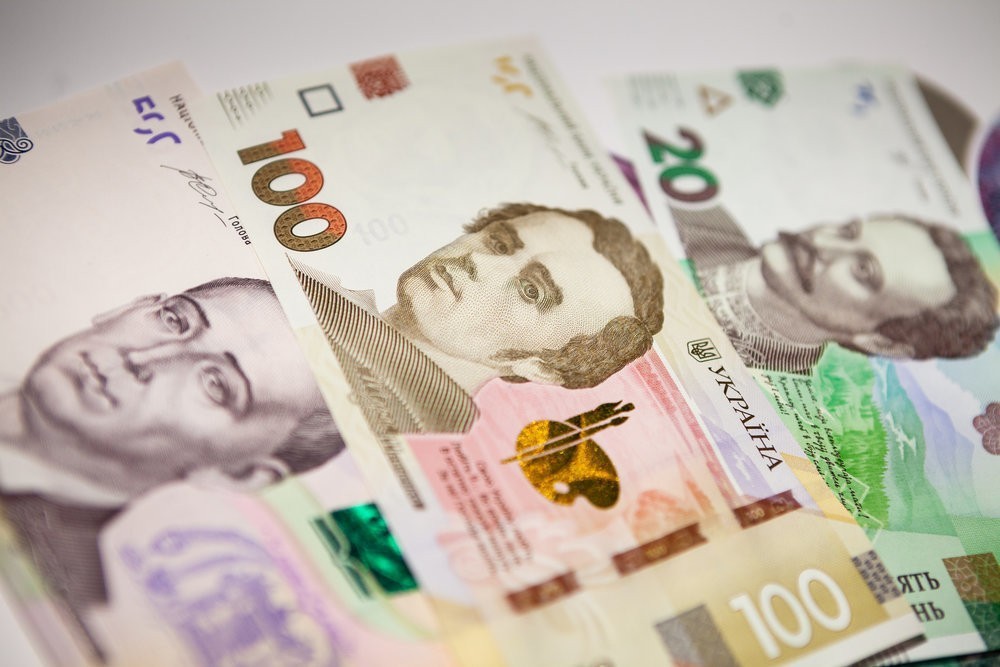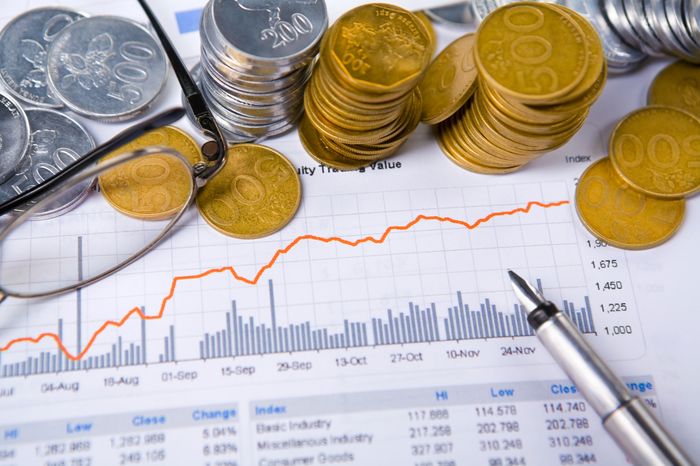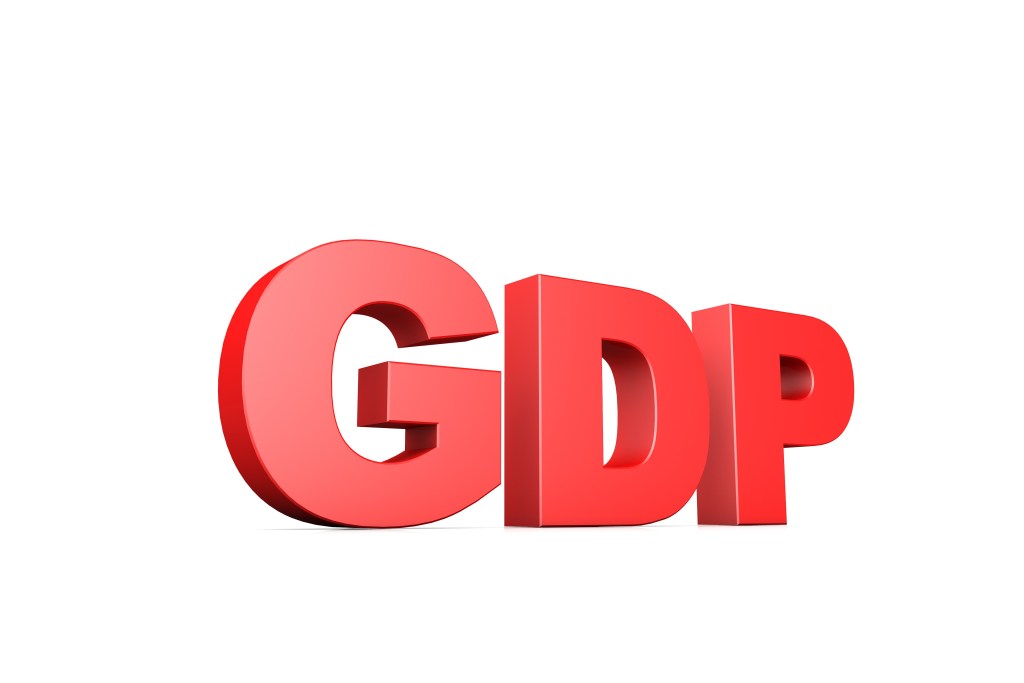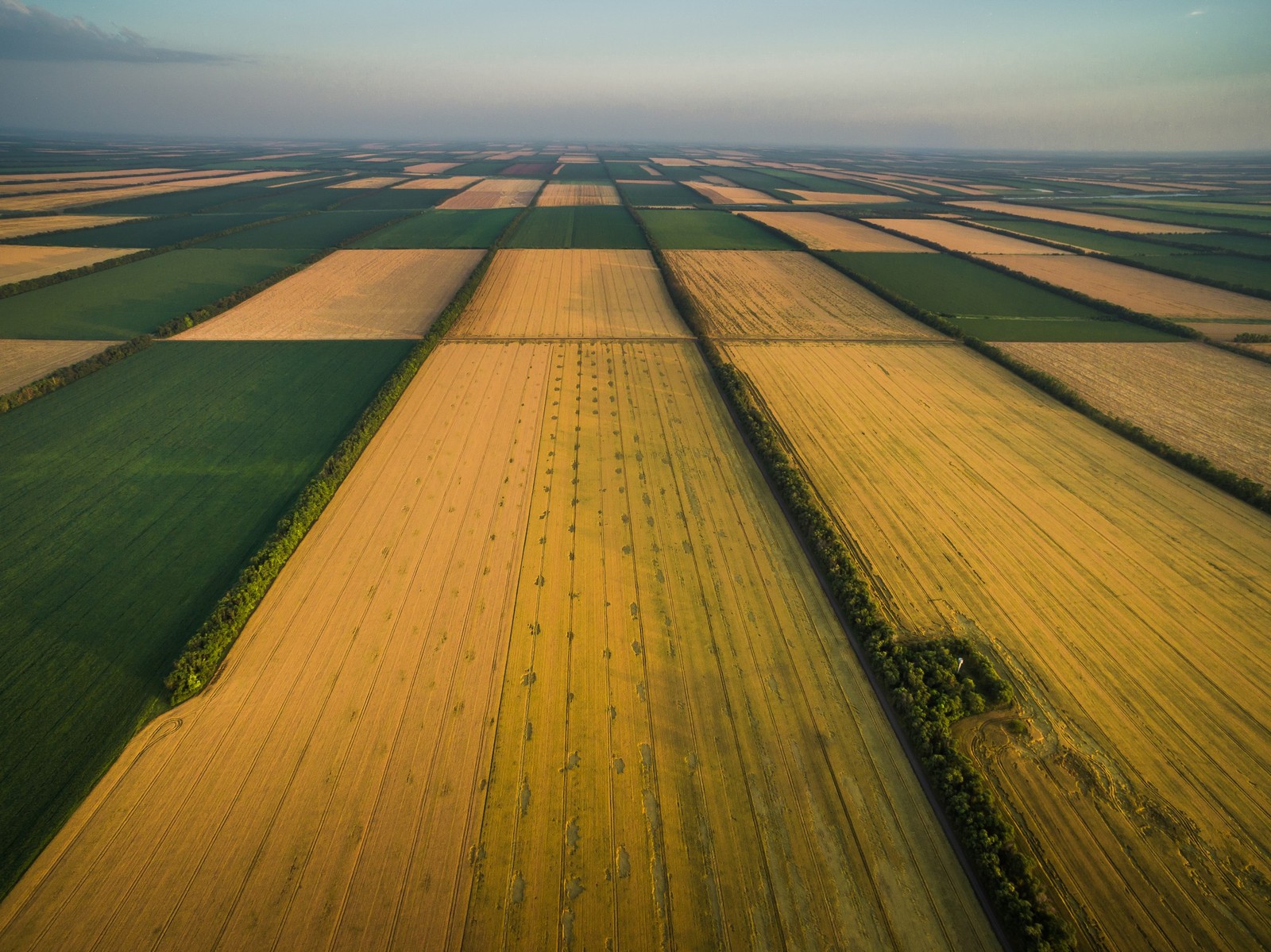
Igor Mazepa
Ukrainian investment banker
CEO and Founder of Concorde Capital
Official Web-site
Ukraine needs the reputation of a reliable and trustworthy place for doing business. Igor Mazepa, CEO of Concorde Capital investment company
Igor Mazepa launched the Concorde Capital investment company in 2004, developing it into Ukraine’s proven investment banking leader that has successfully navigated its clients through political storms and economic turbulence. Offering a complete range of brokerage and investment banking services, the company has attracted more than USD 3 bln in foreign investment for his Ukrainian clients.
Born and raised in Kyiv, Ukraine, Igor Mazepa earned degrees in international economics and law from Kyiv National Economic University. He was already involved in investment banking as early as 1997, becoming executive director of Foyil Securities New Europe in three years’ time.
 As CEO of Concorde Capital, he directed private equity investment in the Dobrobut medical network, Ukraine’s private network of medical clinics, and GoodLife Park, an elite residence in suburban Kyiv.
As CEO of Concorde Capital, he directed private equity investment in the Dobrobut medical network, Ukraine’s private network of medical clinics, and GoodLife Park, an elite residence in suburban Kyiv.
Seeing the importance of Ukrainian firms of having their own domestic equity exchange, Igor Mazepa was among the founders of the Ukrainian Exchange, serving as the head of its board between 2008 and 2016. He also served on the supervisory board for Ukreximbank between August 2014 and July 2016, and Ukrsotsbank supervisory board between November 2016 and August 2018.
At 43 years old, Igor Mazepa remains a sports enthusiast, actively pursuing skiing, running, swimming, rowing, yachting and even helicopter piloting. He has sponsored Ukraine’s national rowing team, as well as youth sporting schools in Kyiv.

Igor Mazepa is rewarding the most talented youth – future investment bankers

Igor Mazepa presented speech at Dnipro Economic Forum DEF’2018

2019 Ski Season in GoodLife park is opened

Mont Blanc. July 2018
Privatization is an effective means to fight corruption and attract foreign investors.
The main thing that the newly elected president can do for creating comfortable conditions for business – and growth in investment – is to not interfere with business. For the investment climate, it’s important for the markets to remain to open to new players and not be monopolized. It’s important for the rules of the game to be the same for all, independent of the structure of ownership or the amount of the investment. In Ukraine, not only large investors should feel comfortable, but also SMEs.
The reasons for a new global economic crisis can become trade wars (including between China and the U.S.), prices for oil and a cooling of the E.U. economy. At the same time, no one can say for sure when the new financial crisis will arrive and whether it will have a global sweep.
The government’s decision in late November to introduce martial law in 10 regions of Ukraine could cost the economy as much as half a billion dollars in direct and indirect losses, Igor Mazepa estimates, a large amount considering annual GDP of about USD 110 bln. The mere presence of martial law, regardless of the limitations imposed, will cause investors to pursue investments in scores of other developing countries that are free from the threat of war, he says, and many have already sold their assets without inquiring about the details. For Ukrainian entrepreneurs, the cost of international borrowing has already grown. Meanwhile, the government will need more foreign debt next year, which will also be more costly.
Martial law undermines the conditions for entrepreneurship, risk-taking and consumer confidence, all of which are needed for economic development, Mazepa points out. Entrepreneurs will keep their money in safe havens instead of investing, and opt for saving in U.S. dollars. Consumers will prefer cash to bank deposits and basic staples to durable goods. Money has already begun to leave the banking system, where it could have created more value for the economy. Economic indicators are also likely to take a beating, he says. To gain from martial law, the government would need to resolve the Russian aggression against ships in the Azov Sea, as well as secure more defense capacities from the West. Ideally, Ukraine can achieve blocking, or seriously delaying, the launch of the Nord Stream 2 natural gas pipeline planned for 2019, Mazepa says.
Foreign investors still see enormous potential for Ukraine, Mazepa says. But they also see the same things holding Ukraine back, namely corruption. The Russian military aggression is not so much a factor as the same structural problems before the war, he says. The country has high entry barriers for investors, and when they do break through, they face monopolies on many markets, he says. Structural reforms are needed to reduce all the high risks involved, Mazepa says, echoing a widely held sentiment. “Money goes where it can multiply without a significant risk of being lost,” he says.
Yet Ukraine presents many such pitfalls, including currency devaluation, foreign currency limitations, bribery, and corporate raids. “It’s not enough to earn money in Ukraine,” Igor Mazepa says. “That gain needs to be protected afterwards, which can cost too much.” Ukraine needs to develop the reputation of an economy in which the rights of investors and lenders are protected and the rule of the game are consistent and transparent to all, he says. Reforms are particularly needed to improve the currency market, capital movement, and creditor rights, he says. An effective court system and farmland market are also necessary, he says.
Ukraine has no alternative to IMF cooperation, Mazepa says. Foreign debt payments await the country in 2019, and the budget deficit needs to be financed. Moreover, other Western lenders depend on the IMF in order to lend to Ukraine themselves, he says. “The biggest changes in Ukraine, unfortunately, are occurring under the pressure of foreign creditors,” he says. “It’s unfortunate because both the government, and the public, could have themselves addressed the need for reforms and actively implement them. For as long as that doesn’t happen, it’s positive that there are Western lenders who won’t allow Ukraine to slide off the path of reforms.”
The new program that awaits IMF approval calls for USD 3.9 bln during 14 months, he says. It was offered not because the IMF was impressed with systemic reforms, otherwise it would have continued lending under the prior terms. Instead, the IMF recognized Ukraine needed some kind of lending ahead of a turbulent election year amid Russian military aggression. Yet the key conditions remained, including raising household prices for natural gas and restricting the budget deficit. “Ukraine will have to return the borrowed funds over five years under the new program, which is difficult for our economy, which is already overburdened with short-term debt,” Mazepa says, pointing out that Ukraine is supposed to pay USD 9 bln in foreign debt by the end of 2019.
Systemic, structural reforms are needed in the land market, pension system, education, decentralization of bureaucratic structures and healthcare, including the needed for a developed health insurance market, Mazepa says. “Unfortunately, the most significant changes are happening under the pressure of Western creditors,” he says. “It's not them who need these reforms in Ukraine, but the Ukrainian people.”
Early this year, Ukraine’s parliament approved legislation in line with IMF requirements easing the process of privatizing state enterprises. This summer, Concorde Capital was selected investment adviser to three enterprises of the first big privatization to occur under the new conditions. “This privatization story will be a success story if it occurs in a clear, transparent and accountable manner,” Mazepa says.

Igor Mazepa, CEO and Founder of Concorde Capital, on the sometimes archaic traditions of Ukrainians in terms of investment and the importance of supporting technology and innovations
Read more
Igor Mazepa, Concorde Capital CEO, launches the Mazepa Awards to reward world-changing technology companies and people who invest in innovation
Read more
Concorde Capital CEO and Founder Igor Mazepa comments situation in the land market in Ukraine
Read more
Igor Mazepa, Concorde Capital CEO and Founder, talks about transformations the Ukrainian business has seen over the years of independence
Read more
Igor Mazepa, CEO and Owner of Concorde Capital investment company, announces the launch of KupiPai online platform that brings together farmland owners, investors, and agricultural holdings.
Read more
Concorde Capital investment company will hold a press conference on the first internal IPO in Ukraine, the issue of equity of Rivne-based Football Club Veres.
Read more
Igor Mazepa, CEO of Concorde Capital, shares the macroeconomic forecast for 2021
Read more
Concorde Capital CEO and Founder Igor Mazepa comments on how a new lockdown will affect Ukrainian business
Read more
Concorde Capital CEO and Founder Igor Mazepa launches his new projects in the real estate market: a cottage village and a hotel in the Shelest recreation complex, as well as the construction of Phase 2 of Goodlife Park elite residence
Read more
Igor Mazepa, investment banker, CEO and owner of the Concorde Capital investment company, comments prospects of the UAH exchange rate in the nearest future
Read more
Igor Mazepa, the CEO of Concorde Capital investment company, discussed whether international investors will remove their investments from Ukraine
Read more
Igor Mazepa, investment banker, CEO of Concorde Capital discusses Ukraine’s 2019 economic achievements and failures
Read more
Igor Mazepa, Concorde Capital CEO, discussed forecasts for Ukraine’s GDP growth in 2020
Read more
Igor Mazepa, investment banker, businessman, tells about his investments in Ukrainian assets
Read more
Igor Mazepa, CEO of Concorde Capital investment company, comments how to make state subsidies for Ukrainian farmers more effective
Read more
Igor Mazepa, investment banker, businessman, tells about his investments in Ukrainian assets
Read more
Igor Mazepa, CEO of Concorde Capital investment company, comments how to make state subsidies for Ukrainian farmers more effective
Read more
Igor Mazepa, CEO of Concorde Capital investment company, comments on the current situation with the hryvnya exchange rate
Read more
Igor Mazepa, CEO of Concorde Capital investment company, comments on the victory of the holders of PrivatBank Eurobonds in a London court.
Read more
Igor Mazepa, CEO of Concorde Capital investment company, says the international investors could react positively to Ukraine’s parliamentary elections results
Read more
Igor Mazepa and Concorde Capital’s Research team discuss whether the state needs to subsidize MHP
Read more
Igor Mazepa, CEO of Concorde Capital, comments the placement of Ukraine’s seven-year EUR-denominated Eurobonds at 6.75% interest
Read more
Igor Mazepa, CEO of Concorde Capital, comments the recommendation of the Ukrainian businessman Ihor Kolomoisky to declare default in Ukraine
Read more
Igor Mazepa, CEO of Concorde Capital, comments how the results of presidential elections can affect Ukraine’s relations with international creditors
Read more
Igor Mazepa, CEO of Concorde Capital, comments the exchange rate in Ukraine in March 2019
Read more